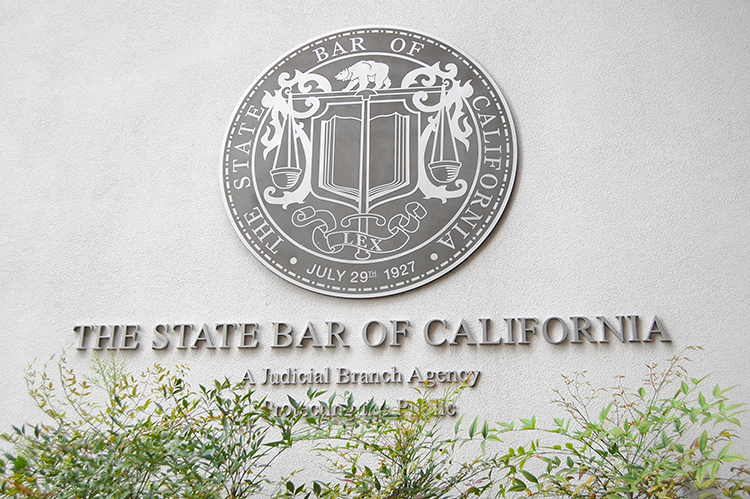Federal juror's deliberation comments can't be admitted to show voir dire dishonesty, SCOTUS rules
A party seeking a new trial cannot use a federal juror’s comments during deliberations to demonstrate that she lied about her ability to be fair during voir dire, the U.S. Supreme Court has ruled.
Justice Sonia Sotomayor wrote the unanimous opinion (PDF) that found the evidence was not admissible under Federal Rule of Evidence 606(b), which generally bars jury testimony on what occurred in the jury room “during an inquiry into the validity of the verdict.”
Sotomayor traced the evidence rule to the majority view in common law, which stemmed from a 1785 case that barred an affidavit from two jurors claiming the verdict had been decided through a game of chance.
The petitioner in the Supreme case is motorcycle rider Gregory Warger, whose leg was amputated after a truck struck him from behind. A jury in Warger’s negligence suit found for the truck driver.
After the verdict, one of the jurors alleged that the jury foreperson revealed during deliberations that her daughter was at fault in an accident in which a man died. The foreperson allegedly said that her daughter’s life would have been ruined if she had been sued.
The jury foreperson, a retired elementary school teacher, told the New York Times earlier this year that the other juror had gotten it wrong. The foreperson said her daughter never had any accident, and the jury considered only the facts.
The case is Warger v. Shauers.



